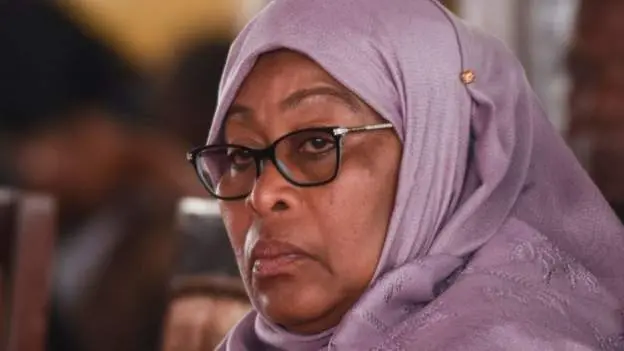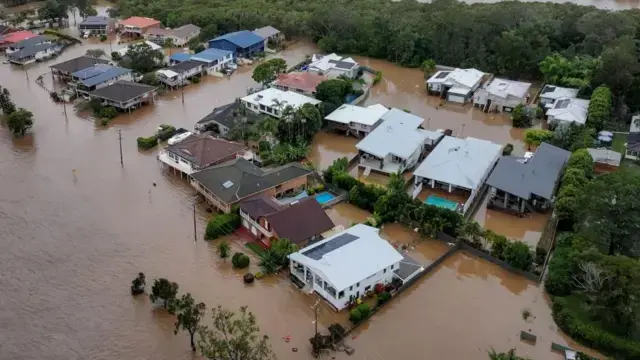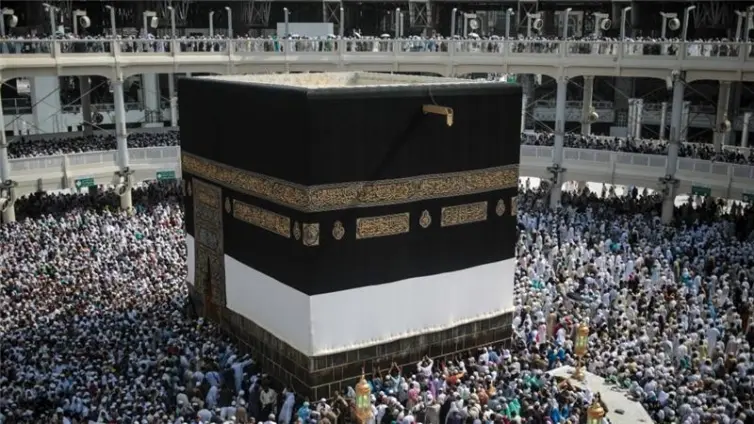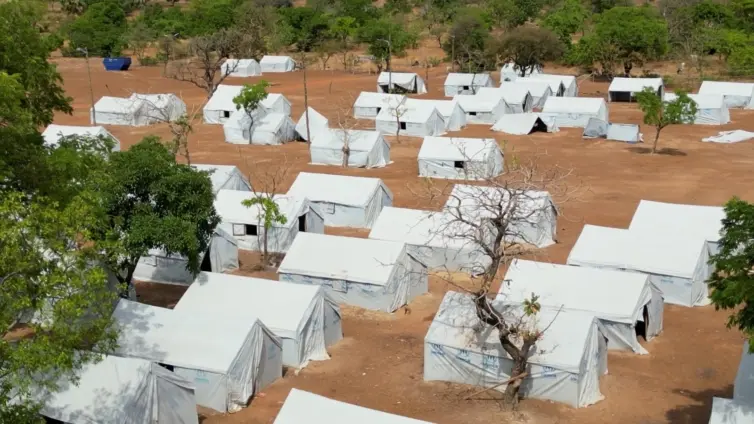The arrest of Amani Golugwa, a senior figure in Tanzania’s opposition party CHADEMA, at Julius Nyerere International Airport sent immediate ripples through the country’s political landscape. As Golugwa prepared to board a flight to a political conference in Belgium, his detention underscored growing concerns about the state of political freedom in Tanzania, especially with crucial elections on the horizon in October. President Samia Suluhu Hassan had previously pledged to uphold human rights, but these recent events, including other Tanzania opposition arrests, are prompting questions about whether those commitments are being honored.
The recent Tanzania opposition arrests, including that of Golugwa, have triggered considerable controversy. Golugwa, a key member of CHADEMA, was apprehended as he attempted to leave the country for a political engagement. Police have stated that Golugwa had a “trend of leaving and returning to the country without following legal procedures.”
The International Democracy Union (IDU), a global alliance of center-right political parties to which CHADEMA is affiliated, swiftly condemned the arrest. In a statement, the IDU decried the “unlawful arrest and assault” of Golugwa, asserting that “silencing opposition voices violates the core of democracy. We call for his immediate release.” As of yet, a government spokesperson has not responded to requests for comment regarding the arrest and the IDU’s strong condemnation.
The political climate in Tanzania has become increasingly tense. Last month, police arrested Tundu Lissu, another prominent figure in CHADEMA. Lissu, who survived an assassination attempt in 2017, now faces treason charges linked to a speech in which he allegedly incited rebellion. The charges against Lissu further amplify the concerns surrounding the fairness of the upcoming elections and the government’s approach to dissenting voices.
Lissu, before his arrest, had been leading rallies under the banner of “No Reforms, No Election,” reflecting CHADEMA’s deep-seated concerns about the integrity of the electoral process. The opposition party fears that the current system is inherently biased, favoring the ruling party. This apprehension has been exacerbated by the recent actions of the election commission, which disqualified CHADEMA for allegedly refusing to sign a code of conduct.
The pattern of arrests and restrictions placed on opposition activities has led to heightened scrutiny of President Hassan’s human rights record. While she initially signaled a departure from the more authoritarian tendencies of her predecessor, these recent actions suggest a potential regression. The international community is closely watching the situation, and any perceived failures to uphold democratic principles could have significant implications for Tanzania’s standing on the global stage.
The context of Tanzanian politics is crucial to understanding these developments. CHADEMA has long been a leading voice for opposition, challenging the dominance of the ruling party. The party’s ability to operate freely and participate fully in the electoral process is essential for ensuring a healthy democracy. The ongoing Tanzania opposition arrests threaten to undermine this balance and raise serious questions about the future of political freedom in the country.
In summary, the arrests of Amani Golugwa and Tundu Lissu, along with CHADEMA’s disqualification from the elections, paint a concerning picture of rising political tensions in Tanzania as the October elections draw near. The series of events raises questions about the state of democracy in Tanzania and the commitment to human rights, especially in the context of the upcoming elections. It is imperative that the international community remains engaged and that Tanzanian authorities ensure a level playing field for all political actors. Stay informed about the situation in Tanzania and advocate for fair and transparent elections. The future of Tanzanian democracy may well depend on it.
Image Source: MYJOYONLINE






















